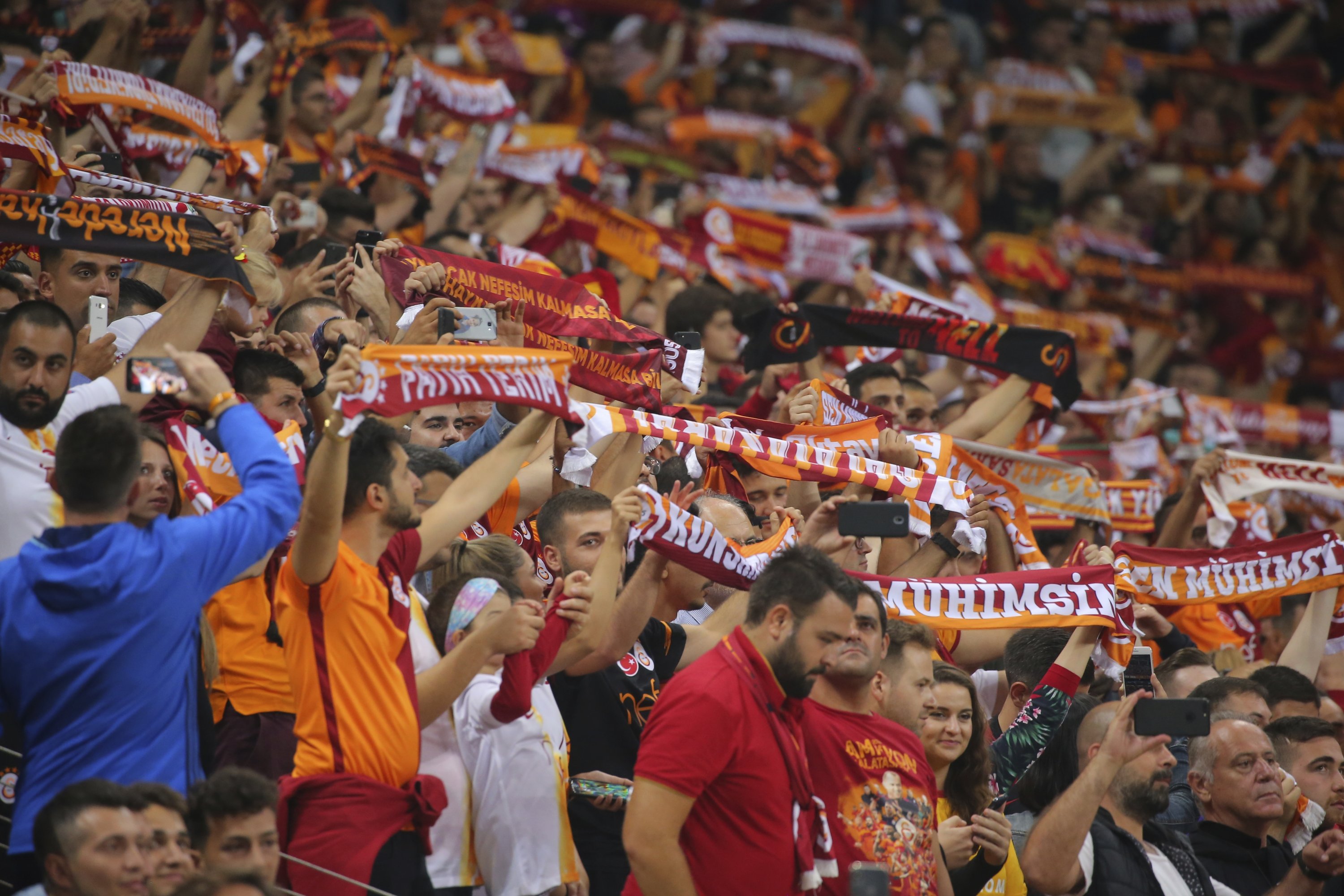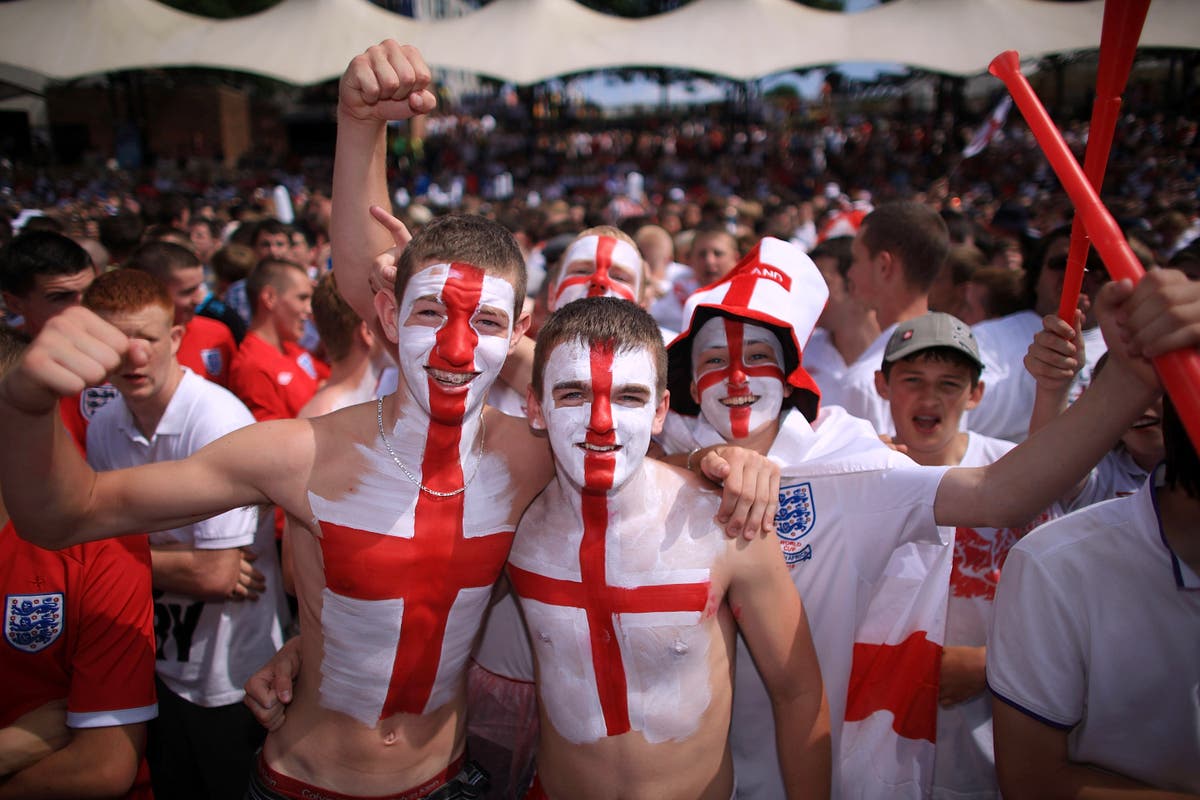“Football Fan Culture in Turkey: A Passionate Affair
Related Articles Football Fan Culture in Turkey: A Passionate Affair
Football Fan Culture in Turkey: A Passionate Affair

Football in Turkey is more than just a game; it’s a cultural phenomenon that permeates every aspect of Turkish society. The passion, intensity, and unwavering loyalty of Turkish football fans are renowned worldwide, making the Süper Lig one of the most electrifying and captivating leagues to witness. This article delves into the intricate tapestry of football fan culture in Turkey, exploring its historical roots, key characteristics, the role of ultras groups, the impact of rivalries, and the social and political dimensions that shape this vibrant subculture.
Historical Roots and Evolution
The introduction of football to Turkey dates back to the late 19th century, primarily through British expatriates residing in Istanbul and Izmir. Initially, football was perceived as an elitist pastime, mainly enjoyed by the upper echelons of society. However, as the sport gained traction, it gradually transcended social barriers and began to resonate with the broader populace.
The establishment of major clubs like Beşiktaş (1903), Galatasaray (1905), and Fenerbahçe (1907) marked a turning point in Turkish football history. These clubs, founded by students and intellectuals, quickly garnered a following, laying the foundation for the intense rivalries that would define Turkish football for decades to come.
In the early years, football fandom in Turkey was characterized by a sense of camaraderie and sportsmanship. Fans attended matches to support their teams and enjoy the spectacle of the game. However, as the sport became more competitive and the stakes grew higher, fan culture began to evolve, with elements of passion, rivalry, and even violence emerging.
Key Characteristics of Turkish Football Fan Culture
Turkish football fan culture is distinguished by several key characteristics that set it apart from its counterparts in other countries:
-
Unwavering Loyalty: Turkish football fans are known for their unwavering loyalty to their clubs, often supporting them through thick and thin. This loyalty is passed down through generations, creating a strong sense of identity and belonging.
-
Passionate Support: Turkish fans are renowned for their passionate support of their teams, creating an electric atmosphere at matches. They sing, chant, and wave flags throughout the game, creating a cacophony of noise that can be intimidating for opposing teams.

Creative Displays: Turkish fans are known for their creative displays of support, including elaborate banners, tifos, and pyrotechnics. These displays add to the spectacle of the game and showcase the fans’ dedication to their clubs.
-
Intense Rivalries: Turkish football is characterized by intense rivalries, particularly between the "Big Three" clubs of Istanbul: Beşiktaş, Galatasaray, and Fenerbahçe. These rivalries are deeply ingrained in Turkish society and often extend beyond the football field.
-
Strong Sense of Community: Football fandom in Turkey fosters a strong sense of community, bringing people from all walks of life together to support their teams. This sense of community can be particularly important in a country with a history of social and political divisions.
The Role of Ultras Groups
Ultras groups play a significant role in shaping Turkish football fan culture. These groups are highly organized and dedicated to supporting their teams in a passionate and vocal manner. Ultras groups are responsible for creating many of the creative displays and chants that are associated with Turkish football fandom.
Ultras groups in Turkey often have a strong political or ideological leaning, which can influence their activities and interactions with other fan groups. Some ultras groups have been involved in violence and other forms of hooliganism, which has led to criticism and scrutiny from authorities.
Despite the negative aspects associated with some ultras groups, they also play a positive role in Turkish football fan culture. They help to create a vibrant and passionate atmosphere at matches and contribute to the sense of community among fans.
The Impact of Rivalries
Rivalries are an integral part of Turkish football fan culture, adding an extra layer of intensity and passion to matches. The most prominent rivalries in Turkish football are those between the "Big Three" clubs of Istanbul: Beşiktaş, Galatasaray, and Fenerbahçe.
These rivalries are deeply rooted in history and tradition, with each club representing a distinct social and political identity. Matches between these clubs are often highly charged and emotional, with fans going to great lengths to support their teams.
The intensity of these rivalries can sometimes spill over into violence, both on and off the field. Clashes between rival fans are not uncommon, and authorities often take extra precautions to ensure the safety of fans at derby matches.
Despite the potential for violence, rivalries also add to the excitement and spectacle of Turkish football. They create a sense of anticipation and drama that is unmatched in other leagues.
Social and Political Dimensions
Football in Turkey is not just a game; it is also a social and political phenomenon. Football clubs often serve as a focal point for social and political identity, with fans aligning themselves with clubs that represent their values and beliefs.
Football matches can also be used as a platform for political expression, with fans using banners, chants, and other forms of protest to voice their opinions on social and political issues. This has been particularly evident in recent years, as Turkey has experienced a period of political turmoil.
The government has also been known to use football as a tool for promoting national unity and patriotism. Football matches are often televised live, and the national team is seen as a symbol of Turkish pride.
Challenges and Future Directions
Turkish football fan culture faces several challenges, including violence, hooliganism, and commercialization. Violence and hooliganism have been a persistent problem, with clashes between rival fans often resulting in injuries and property damage.
Commercialization is also a growing concern, as football clubs become increasingly focused on making money. This can lead to higher ticket prices, reduced access for ordinary fans, and a loss of the traditional values of the game.
Despite these challenges, Turkish football fan culture has a bright future. The passion and dedication of Turkish football fans are unmatched, and they are committed to preserving the traditions and values of the game.
To address the challenges facing Turkish football fan culture, authorities need to take a comprehensive approach that includes stricter law enforcement, increased fan education, and greater investment in community-based initiatives. Football clubs also need to prioritize the needs of their fans and work to create a more inclusive and welcoming environment for all.
Conclusion
Football fan culture in Turkey is a complex and multifaceted phenomenon that reflects the country’s rich history, vibrant culture, and passionate people. It is characterized by unwavering loyalty, passionate support, creative displays, intense rivalries, and a strong sense of community. While it faces challenges such as violence and commercialization, the passion and dedication of Turkish football fans ensure that it will continue to thrive for generations to come.

